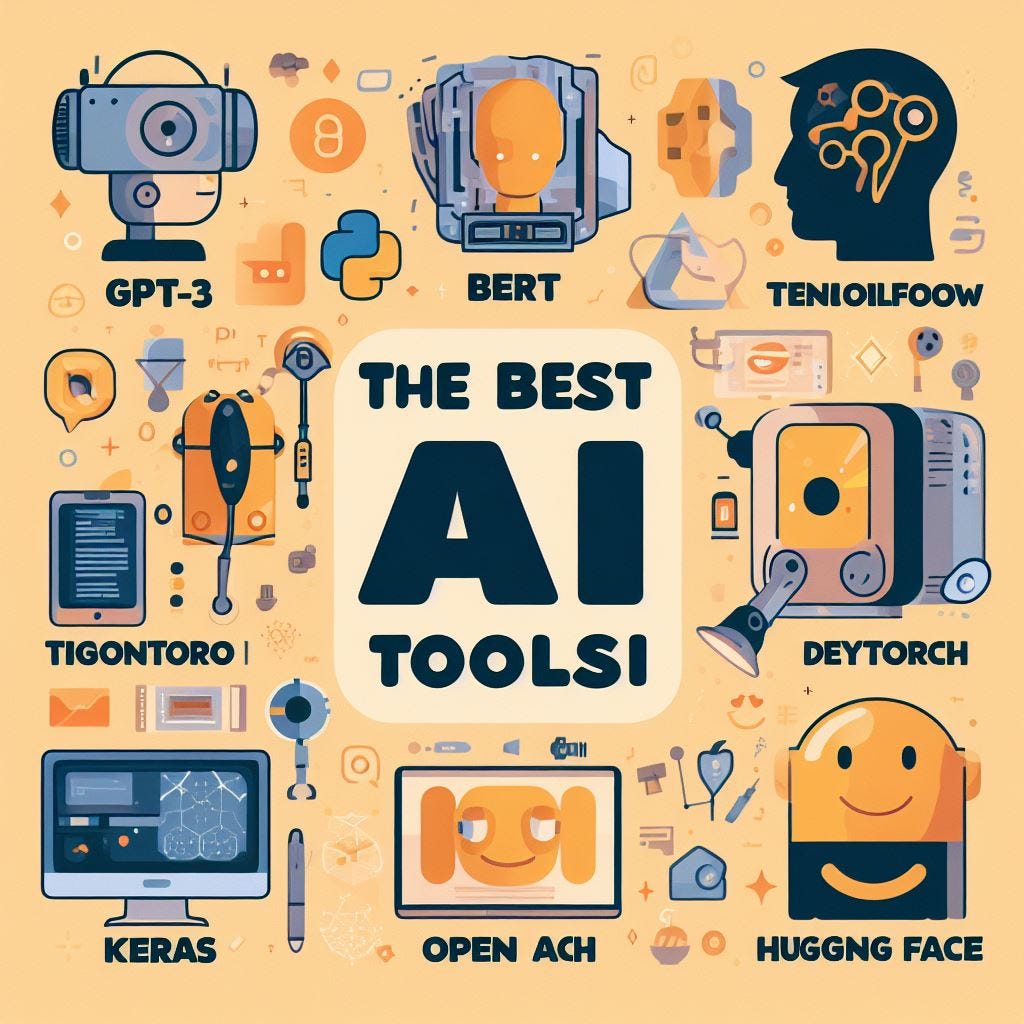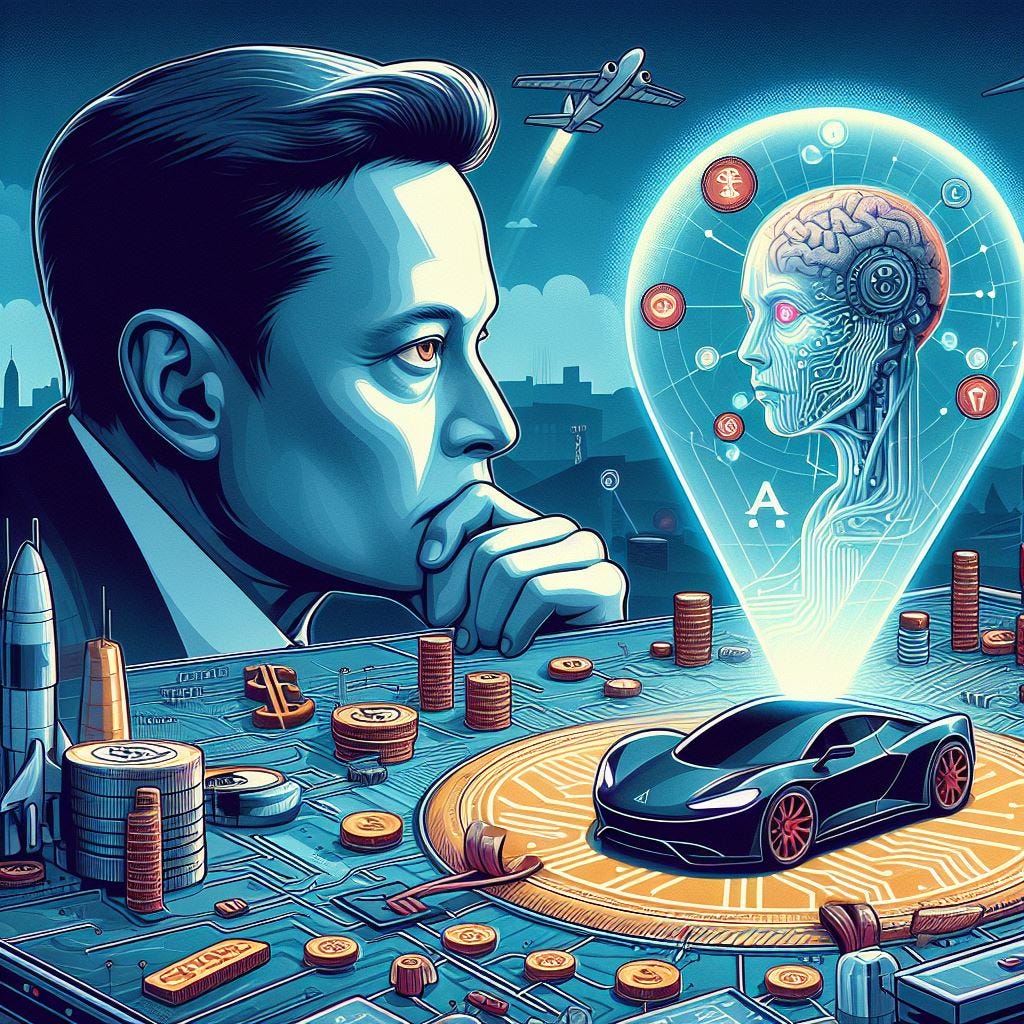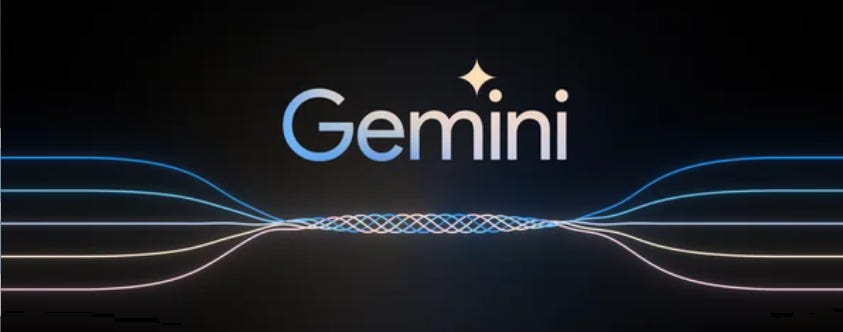Elon Musk Seeks $1 Billion to Fuel AI Startup and Take on Tech Giants
Elon Musk's Ambitious Quest: $1 Billion Fueling the AI Revolution Against Tech Titans
Musk Seeks $1 Billion for AI Startup to Compete with Big Tech
- Elon Musk seeking to raise $1 billion in equity financing for his AI startup xAI to compete with OpenAI, Microsoft, Google and others
- xAI has already raised $135 million from investors
- Musk warns AI poses huge risks but wants xAI to advance capabilities responsibly
AI's Rising Water Demand Poses Sustainability Challenge
- Generative AI models like ChatGPT consume massive amounts of water posing sustainability issues
- Researchers found 500mL of water used per 10-50 ChatGPT prompts
- Microsoft and Google reported sharp rises in water use before launching chatbot competitors
- Rebound effects from efficiency gains lead to expanding water footprint
- Tech must develop water-positive AI that ethically progresses without depleting resources
Google Unveils New AI Model Gemini
- Google introduced Gemini, its largest and most advanced AI model yet
- Optimized for scale, efficiency and safety; rolls out across Google products
- Significantly surpasses benchmarks in understanding text, images, video, code
- Capabilities like reasoning, coding and scientific insights unlock innovation
- Extensive testing and vetting, especially for most capable Ultra version
- Believed to signal AI shift on par with mobile and web revolutions
6 OF THE BEST AI TOOLS
HEADLIME IS THE GO-TO GPT-3 TOOL FOR MARKETERS.
WRITESONIC IS ONE OF THE BEST ARTIFICIAL INTELLIGENCE-POWERED COPYWRITING GPT-3 TOOLS.
Musk Seeks $1 Billion for AI Startup to Compete with Big Tech
Elon Musk is seeking to raise $1 billion in equity financing for his artificial intelligence startup xAI, according to a recent SEC filing. The infusion of cash would allow xAI to better compete with major players in AI like OpenAI, Microsoft, Google and Amazon.
Musk co-founded OpenAI in 2015 but left three years later. He launched xAI this past July, which released its first product last month - an AI chatbot named Grok. xAI will make Grok available to premium subscribers on Musk’s X platform, and Musk has said X investors will own 25% of xAI.
The race to lead AI has accelerated since OpenAI unveiled ChatGPT in November 2022. Microsoft responded by investing $10 billion into OpenAI, while Amazon announced a $4 billion investment into AI startup Anthropic. Inflection AI also raised $1.3 billion led by Microsoft and Nvidia.
Musk has warned AI could pose “one of the biggest threats to humanity” if not developed carefully. His injection of funds into xAI reflects his desire for the company to responsibly advance AI that is helpful, harmless, and honest.
AI's Rising Water Demand Poses Sustainability Challenge
The race to develop advanced AI like chatbots is driving up big tech's water use, posing sustainability concerns. Researchers found popular AI models like ChatGPT consume 500mL of water for every 10-50 prompts. With millions of users, the water footprint adds up quickly. Microsoft and Google reported sharp rises in water consumption last year, even before launching their own ChatGPT competitors. Going forward, the massive computing power needed to run these AI services will likely require more data centers, servers, and cooling - exponential increases in water. Though companies aim to replenish their water use, experts warn efficiency gains lead to rebound effects, where more resources get used. The tech industry must find ways to create water-positive AI that advances solutions without depleting resources. Failing to address the expanding water footprint could obstruct AI's responsible, ethical adoption.
Meta and IBM Launch Open-Source AI Alliance
Meta and IBM are launching an open-source AI alliance with 50 partners to develop benchmarks and standards for responsible AI development. The consortium aims to address social issues with AI and educate on policy. Notably absent are Microsoft, Google and Nvidia who want closed AI systems they control. Meta and IBM claim open sourcing won't hurt revenue but ensures interoperability. Typically businesses don't open source but Meta sees AI's potential too transformative not to collaborate. However, open sourcing hasn't worked much in social media and tech historically. It's unclear if it will succeed but Meta is breaking from big tech's walled garden approach.
Google Unveils New AI Model Gemini
Google has unveiled Gemini, its largest and most advanced AI model yet, representing a new era in AI development for the company. Optimized in three sizes - Ultra, Pro and Nano - Gemini leverages multimodal understanding of text, images, audio, video and code to reason, explain concepts, and solve complex problems. On 32 academic benchmarks, Gemini Ultra exceeded previous state-of-the-art AI with world-leading performance, including surpassing human experts on language understanding tests.
Built for scale, efficiency and safety, Gemini will roll out across Google products like Bard, Pixel, Search, and more over the next year. It is also available via API for developers. Google continues extensive testing and vetting before releasing Ultra, its most capable version.
Google CEO Sundar Pichai believes Gemini signals an AI shift on par with the mobile and web revolutions, unlocking creativity and knowledge. With meticulous safety controls and testing, Google aims for Gemini to responsibly empower innovation across industries. But the expanding capabilities mean continued vigilance to mitigate risks remains critical as this new AI era unfolds.









